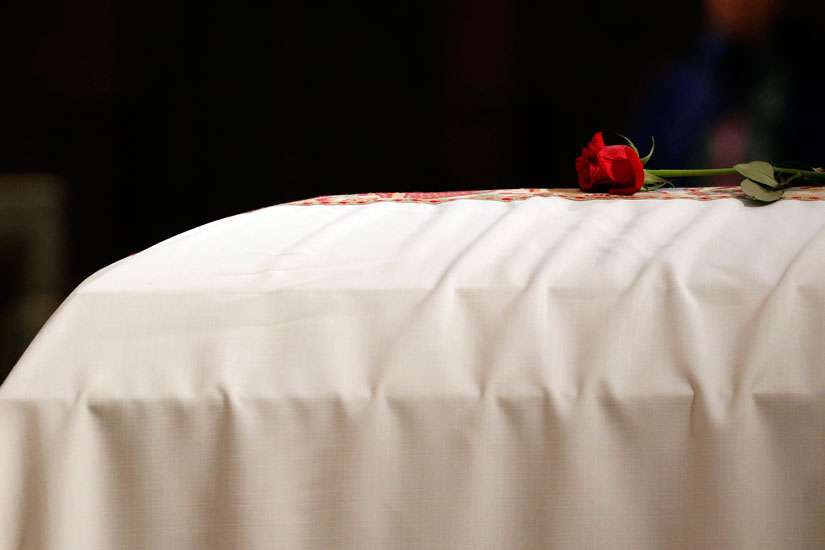In mid-September the Alberta bishops issued pastoral guidelines that stated last rites and a funeral Mass may be denied to a person who opts to die by assisted suicide.
Two weeks later, Cardinal Gerald Lacroix of Quebec City released a statement indicating he would permit the sacraments regardless of how someone chooses to die. Meantime, the president of Canada’s bishops’ conference said a national position on the matter was unlikely any time soon.
Developing a pastoral consensus on assisted suicide is no easy task when even the bishops seem divided on how to respond. To some, there is a line in the sand that must never be crossed when it comes to death and dying. To others, there is no circumstance surrounding death in which mercy and the sacraments should be withheld.
The one area of agreement is that no person should be denied pastoral care. As Lacroix said, the Church must support people in all stages of life. The question is whether there should be limits to that support and, if so, what are they?
Alberta priests are being told to “implore the sick person with gentle firmness” to reject assisted suicide. They should accompany the person in prayer and explain Church teaching so it is clear that assisted suicide is a grave sin.
But if the person “remains obstinate” about ending their lives, they can be disqualified from receiving the Sacrament of Anointing the Sick and a funeral Mass. Alberta’s bishops believe it is just to deny the sacraments to someone who has rejected Church teaching and, having met the legal standard of mental competence, signs a consent form and freely proceeds to die by assisted suicide fully aware of the physical and spiritual implications.
Even then, however, there remains room for mercy. Exceptions can be made and a funeral permitted in cases where a grieving family opposed the assisted suicide of a loved one and subsequently seeks pastoral support from the Church. Provided a funeral will not cause “public scandal,” it may proceed in some situations, wrote the Alberta bishops.
Assisted suicide presents a daunting challenge for bishops and priests who must be both shepherds of mercy and stewards of Church teaching. They can never be seen to condone assisted suicide, yet must be present to counsel and pray with those who contemplate a death that is legally acceptable and socially tolerable, however spiritually harmful it may be.
There is bound to be disagreement but on balance the Alberta bishops should be commended for producing a document that offers both pastoral wisdom and sensible conclusions.


